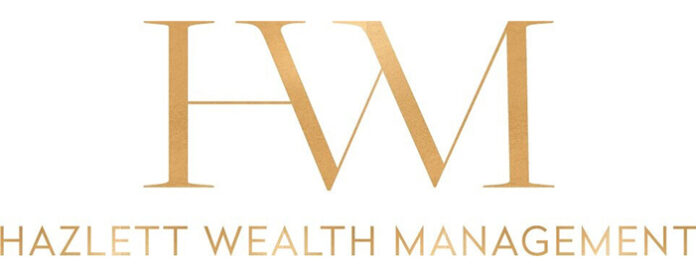BY KRISTIN HOVENCAMP

Is a Fed-induced recession on the horizon? On June 15th, the Federal Open Market Committee voted to raise interest rates by .75 percentage points. Federal Reserve Chairman Jerome Powell’s tone demonstrated to the markets the Fed is committed to taking a tougher stance on inflation. Powell also left the door open for another .50 or .75 percentage point hike at next month’s central bank policy meeting. While the Fed cannot control systematic factors driving inflation, such as escalating oil and commodity prices, or supply chain disruptions, here is what they are trying to manage.
The federal funds rate – is the interest rate banks charge one another for overnight lending to meet the Fed’s reserve requirement. The federal funds rate, or benchmark interest rate, impacts how much it costs consumers to borrow and how much they get paid to save.
Inflation target – Interest rates are the Federal Reserve’s primary tool to fight against inflation. The central bank can move to moderately (dovish) or aggressively (hawkish) hike interest rates. By raising rates and making it more expensive to borrow money, the Fed is aiming to slow down demand and ease inflation. A healthy economy typically generates inflation in the range of about 2%.
Soft landing – By taking a more aggressive stance and slowing the economy, the Federal Reserve is attempting to bring down inflation without causing a recession and the resulting layoffs that typically accompany periods of negative GDP.
Unemployment – The Fed has a “dual mandate” of maximum employment and price stability. Chairman Powell would be comfortable with a 4% unemployment rate, stating that lower inflation is necessary to create a balance between labor supply and demand and sustain a strong U.S. economy.
Ongoing inflation and monetary policy concerns have created significant market instability, causing recession fears. By raising the short-term benchmark interest rate, the Fed is trying to slow demand, reach 2% inflation, and maintain low unemployment to achieve a soft landing. Long-term investors might be wise to prepare for the worst but hope for the best.
Kristin Hovencamp is an Investment Executive at RJFS, and Director of Business Development with HAZLETT WEALTH MANAGEMENT, LLC, which is independent of Raymond James and is not a registered broker/dealer. Investment advisory services are offered through Raymond James Financial Services Advisors, Inc. Securities offered through Raymond James Financial Services, Inc., member FINRA/SIPC. All investing involves risk, including the possible loss of principal amount invested. No investing strategy, including rebalancing or dollar cost averaging, can guarantee your objectives will be met. 675 Sun Valley Road Ketchum, Idaho, 208.726.0605. HazlettWealthManagement.com



